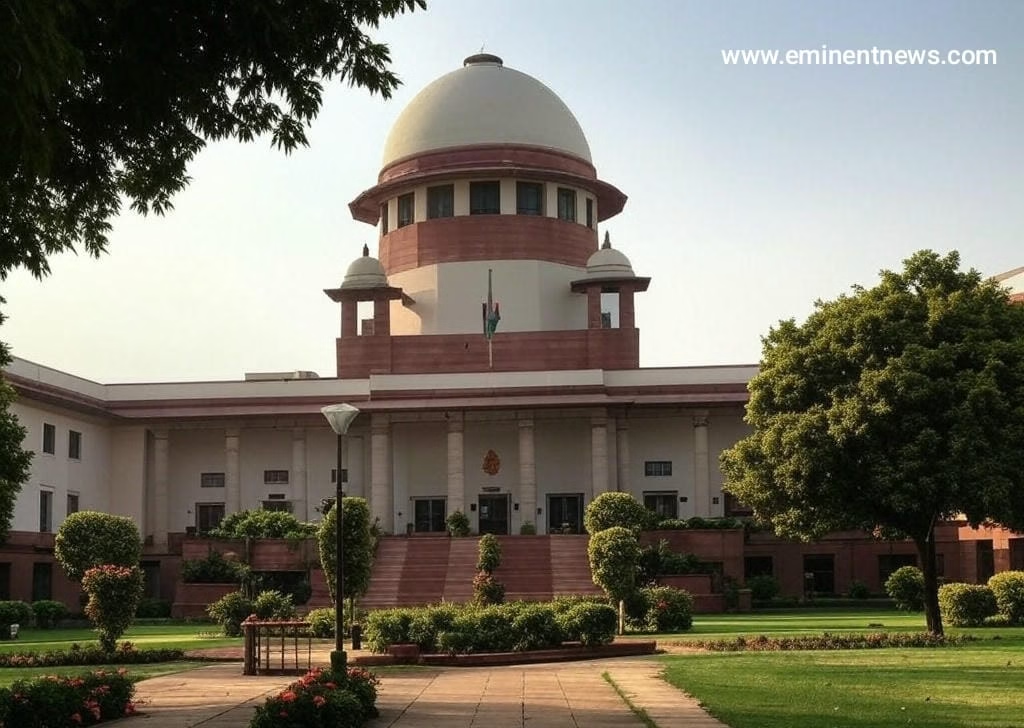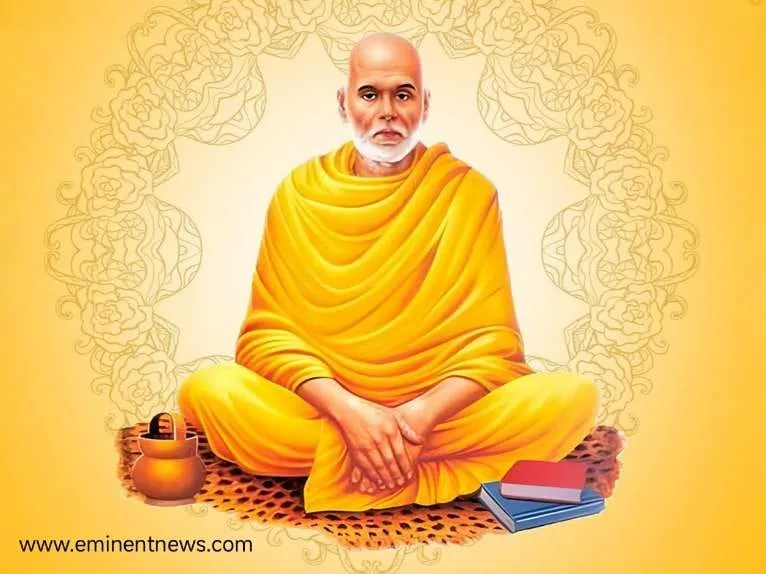Judicial despotism refers to the idea that the judiciary, particularly the Supreme Court, may be overstepping its constitutional bounds and exercising excessive power . This concept is debated in India amid discussions about the balance of power between the judiciary, legislature, and executive .
Arguments for Concerns about Judicial Despotism:
- Judicial Overreach: Critics argue that the Supreme Court sometimes encroaches on the domains of the executive and legislature . This can occur when the court intervenes in policy matters or issues directives that are seen as exceeding its mandate of interpreting the law .
- Misuse of Public Interest Litigation (PIL): PILs, intended to protect public interest, are sometimes viewed as tools for judicial activism that can lead to the court overstepping its boundaries .
- Article 142 Powers: Article 142 of the Constitution empowers the Supreme Court to pass orders necessary for “complete justice” . However, some argue that the broad discretionary powers granted by this article can lead to arbitrary decisions or encroachments on other branches of government .
- Lack of Accountability: Concerns have been raised that the judiciary lacks sufficient accountability, which can exacerbate issues of overreach .
- Examples Cited by Critics: Some rulings have faced criticism for prioritizing peace over legal principles or being seen as politically motivated .
Arguments Against Concerns about Judicial Despotism:
- Constitutional Supremacy: Judicial review is essential to ensure that laws and government actions align with the Constitution .
- Protection of Fundamental Rights: The judiciary safeguards fundamental rights by striking down laws or actions that violate them .
- Checks and Balances: Judicial review prevents the arbitrary use of power by the legislature or executive, maintaining a balance among the three branches of government .
- Essential Power Under Article 142: Article 142 is considered essential for ensuring complete justice in exceptional situations, especially when existing laws are inadequate . It allows the court to fill legislative or procedural gaps temporarily .
- Judicial Restraint: The judiciary exercises judicial review carefully, intervening only when constitutional violations or fundamental rights are at stake . It generally refrains from interfering with policy decisions better left to the executive or legislature .
Historical Context:
- Emergency Era: The Supreme Court’s failure to protect civil liberties during the Emergency led to a decline in public confidence .
- Post-Emergency Activism: The court adopted a more proactive role in defending rights through PILs after the Emergency .
Way Forward:
- Ensure Judicial Independence: Strengthen mechanisms to safeguard the judiciary from executive and legislative influence .
- Foster Collaborative Governance: Encourage constructive dialogue between the judiciary, legislature, and executive to maintain balance .
- In summary, the debate over judicial despotism in India centers on whether the judiciary is overstepping its bounds and undermining the separation of powers. While critics point to instances of overreach and a lack of accountability, others emphasize the judiciary’s role in upholding the Constitution and protecting fundamental rights …



























